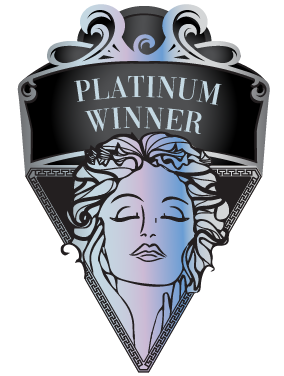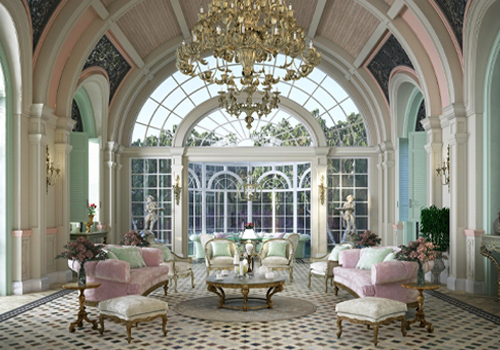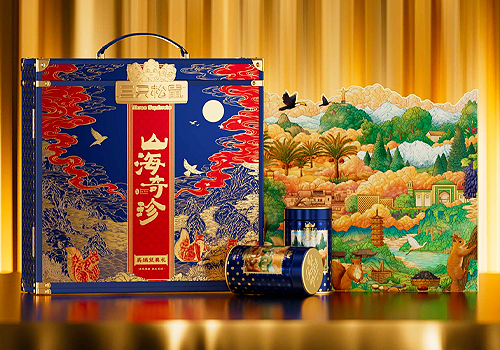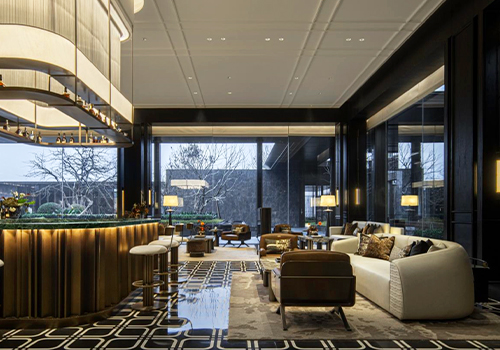2024 | Professional

Richard Gilder Center for Science, Education, and Innovation
Entrant Company
Ralph Appelbaum Associates
Category
Interior Design - Museum
Client's Name
American Museum of Natural History
Country / Region
United States
The Richard Gilder Center for Science, Education, and Innovation is a 230,000-square-foot project (190,000 square feet of new construction and 40,000 square feet of renovated space) at the American Museum of Natural History in New York City. The RAA team focused on representing the exhibit items to stay true to their character found in nature. The Susan and Peter J. Solomon Family Insectarium displays live insects and exhibits across 5,000 square feet. Highlights include live insect tanks, pinned insects, dioramas, insect models, a sound gallery, a 1:20 scale suspended resin-sculpted bee hive with integrated AV experiences, and a massive leafcutter ant tank. RAA designed the ribbed-finished ceiling, which speaks to the geometry of insect nests.
The 2,500-square-foot Davis Family Butterfly Vivarium highlights the activities of over 80 live butterfly species. The space was designed to reflect a natural garden of plants and flowers that are butterfly-appropriate. The butterflies have associated graphic identification cards along with graphic interpretive panels delivering information on these insects. There is also a dedicated moth tank, pupae tank, and butterfly feeders that were custom designed along with the garden grow light lamp shades. Additionally, the space was designed to be conditioned to provide temperature and humidity conditions to allow the butterflies to survive and thrive.
The Louis V. Gerstner, Jr. Collection Core is a vertical feature that runs from the Lower Level to the Fourth Floor and features 2,500 square feet of floor-to-ceiling collections displays across three floors, encompassing the Macaulay Family Foundation Galleries on the first and second floors. The double-sided cases allow visitors to see through into the collection's core storage itself and view the scientists at work. Integrated within the design are 100” digital touch screens and a flexible shelving and mounting system to adapt to the expanding collections on display.
The Yurman Family Crystalline Pass features a 19-foot-long vein of crystal quartz sourced from a mine in Arkansas. The design recreated the vein as found in nature and embedded this display into the architectural wall, featured behind glass.
Credits

Entrant Company
Rawan Barakat
Category
Interior Design - Home Décor


Entrant Company
Monan Architectural Design
Category
Interior Design - Residential


Entrant Company
Beijing Wuyao Cultural and Creative Co. Ltd.
Category
Packaging Design - Snacks, Confectionary & Desserts


Entrant Company
Xi'an Philomis Decoration Design Co., Ltd
Category
Interior Design - Commercial










